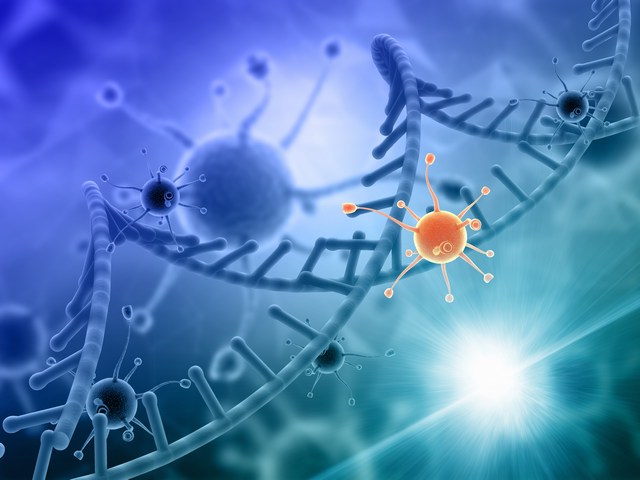NK Cells Article
Natural Killer Cells: Swift Guardians of Immunity and Pioneers in Disease Defence

Natural Killer (NK) cells are an essential part of the body’s innate immune system. They are the first line of defense against infections and diseases. Unlike T-cells and B-cells, which are adaptive immune cells that need time to recognize and respond to specific antigens, NK cells can quickly target and destroy harmful cells without requiring prior sensitization.
Natural Killer (NK) cells are named for their ability to kill virus-infected cells and tumor cells. These cells are always on the lookout for signs of trouble by patrolling the body. When they come across a possible threat, they determine whether a cell is ‘self’ or ‘non-self’. One way they do this is by examining the presence of Major Histocompatibility Complex (MHC) class I molecules on the surface of cells. Healthy cells usually display these molecules, signaling to NK cells that they are part of the body and should not be harmed.
When cells are infected by viruses or become cancerous, they often have reduced levels of MHC class I molecules. This reduction makes them more visible to natural killer (NK) cells. Upon identifying such cells, NK cells can release toxic substances like perforin and granzymes, which can directly cause the death of the targeted cells. Additionally, NK cells can also produce cytokines such as interferon-gamma, which can have antiviral effects and can signal and attract other immune cells to the infection or tumor site.
NK cells are important because of their ability to act quickly and efficiently. They play a critical role in controlling infections and preventing cancerous changes within a short period of time, which is crucial during the interval before the slower adaptive immune response comes into action. Apart from directly killing abnormal cells, they also shape the immune response by interacting with other immune cells.
Intriguing, NK cells can be thought of as the immune system’s elite special forces. They are always on duty and highly trained to detect and neutralize threats without waiting for orders. Their presence ensures that our bodies remain ready to defend against attacks by rogue agents, such as viruses or malignantly transformed cells. The study of NK cells has also opened up new avenues in cancer therapy. For instance, it has led to the development of treatments that can enhance NK cell activity or use them as carriers for targeted drug delivery.
In brief, NK cells play a crucial role in protecting our health by providing a strong and rapid response to emerging threats. Due to their distinctive abilities, they are a fascinating subject of study and a vital part of the complex human immune system. By comprehending and utilizing their potential, we can make significant strides in medical treatments and reinforce our immune defenses against various diseases.

